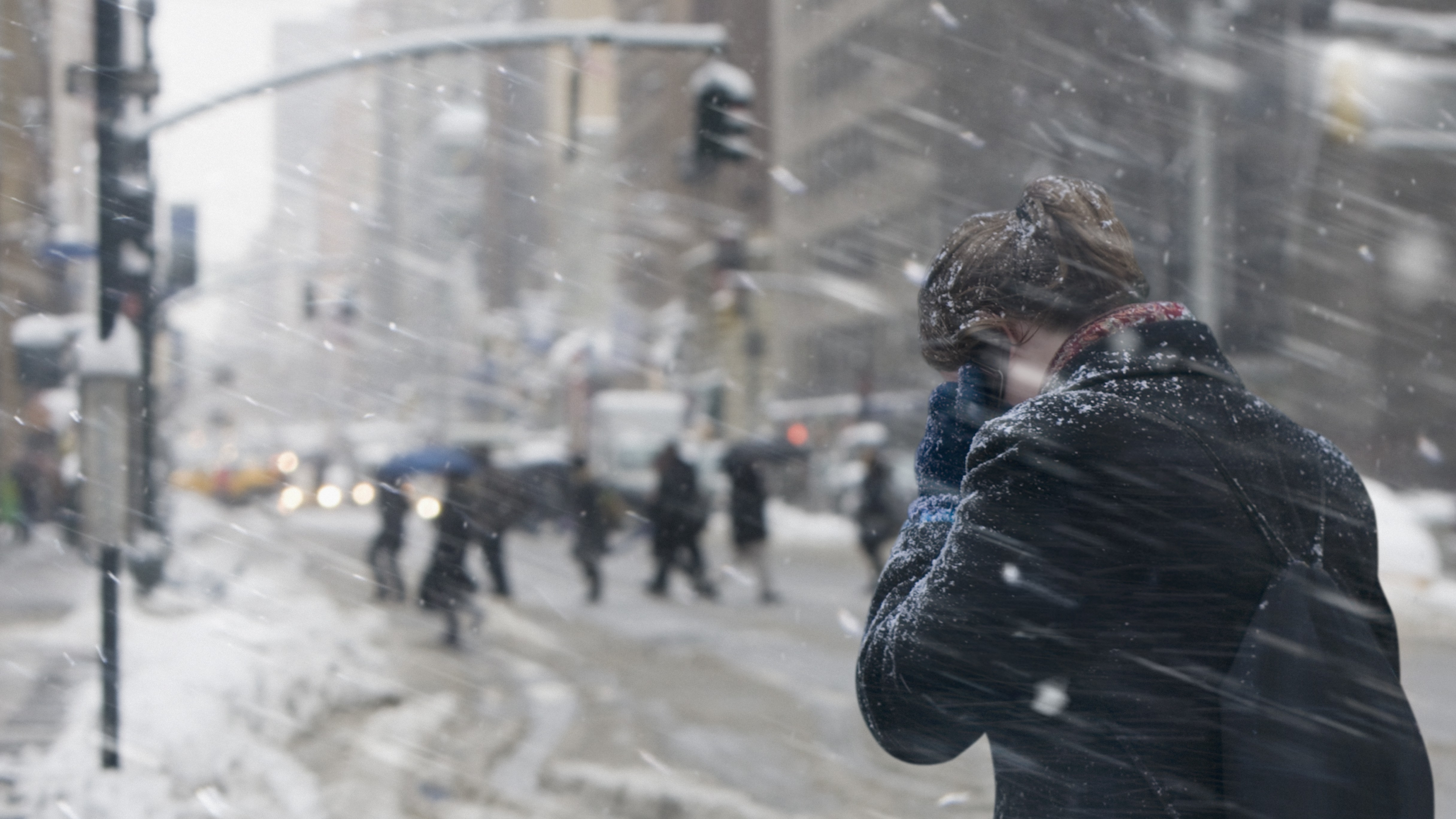OK, there is more CO2 today in the atmosphere than in past years.
Read this:
By Patrick Pester
published yesterday
An expanding polar vortex is expected to lower temperatures across the eastern half of the U.S., with the potential for record-breaking cold in January.
I will later post the link needed.
I have long argued that this small of a temperature does not matter. There is no reason or purpose to get alarmed. Dr. Richard Lindzen has said this over and over to audiences.
We have had recent very cold winters. CA has had a tough time dealing with the snow. Reservoirs are full.
Think as to why we have had cold winters these past Winters.
From article:
Dangerously cold weather from the Arctic is forecast to hit the U.S. next week, with potentially record-breaking low temperatures expected in some areas, analysts warn.
The Arctic blast is being driven by large-scale pressure changes and a shift in the polar vortex, according to the weather website Severe Weather Europe. It will bring the coldest air of the season so far to millions of Americans, with dangerous wind chills likely across the southeastern U.S., while much of the Appalachians, Ohio Valley, Mid-Atlantic, Great Lakes and northeastern U.S. could see heavy snowfall and significant travel disruptions, according to the National Weather Service.
Temperatures are expected to drop as low as 30 degrees Fahrenheit (17 degrees Celsius) below the average for this time of year, with the potential for sub-freezing temperatures as far south as the Gulf Coast and Florida Peninsula. It could get so cold in Florida that iguanas fall out of the trees, according to CNN Weather. Iguanas go into a temporary state of paralysis when they get too cold, so they can't hold onto tree branches.
So all your fear of global warming can go back to sleep.
Will you need to purchase winter gear, clothes, shovels, snow blowers and more?

 www.livescience.com
www.livescience.com
Read this:
Polar vortex could bring deadly winter storms and coldest weather in more than a decade to US
By Patrick Pester
published yesterday
An expanding polar vortex is expected to lower temperatures across the eastern half of the U.S., with the potential for record-breaking cold in January.
I will later post the link needed.
I have long argued that this small of a temperature does not matter. There is no reason or purpose to get alarmed. Dr. Richard Lindzen has said this over and over to audiences.
We have had recent very cold winters. CA has had a tough time dealing with the snow. Reservoirs are full.
Think as to why we have had cold winters these past Winters.
From article:
Dangerously cold weather from the Arctic is forecast to hit the U.S. next week, with potentially record-breaking low temperatures expected in some areas, analysts warn.
The Arctic blast is being driven by large-scale pressure changes and a shift in the polar vortex, according to the weather website Severe Weather Europe. It will bring the coldest air of the season so far to millions of Americans, with dangerous wind chills likely across the southeastern U.S., while much of the Appalachians, Ohio Valley, Mid-Atlantic, Great Lakes and northeastern U.S. could see heavy snowfall and significant travel disruptions, according to the National Weather Service.
Temperatures are expected to drop as low as 30 degrees Fahrenheit (17 degrees Celsius) below the average for this time of year, with the potential for sub-freezing temperatures as far south as the Gulf Coast and Florida Peninsula. It could get so cold in Florida that iguanas fall out of the trees, according to CNN Weather. Iguanas go into a temporary state of paralysis when they get too cold, so they can't hold onto tree branches.
So all your fear of global warming can go back to sleep.
Will you need to purchase winter gear, clothes, shovels, snow blowers and more?

Polar vortex could bring deadly winter storms and coldest weather in more than a decade to US
An expanding polar vortex is expected to lower temperatures across the eastern half of the U.S., with the potential for record-breaking cold in January.
